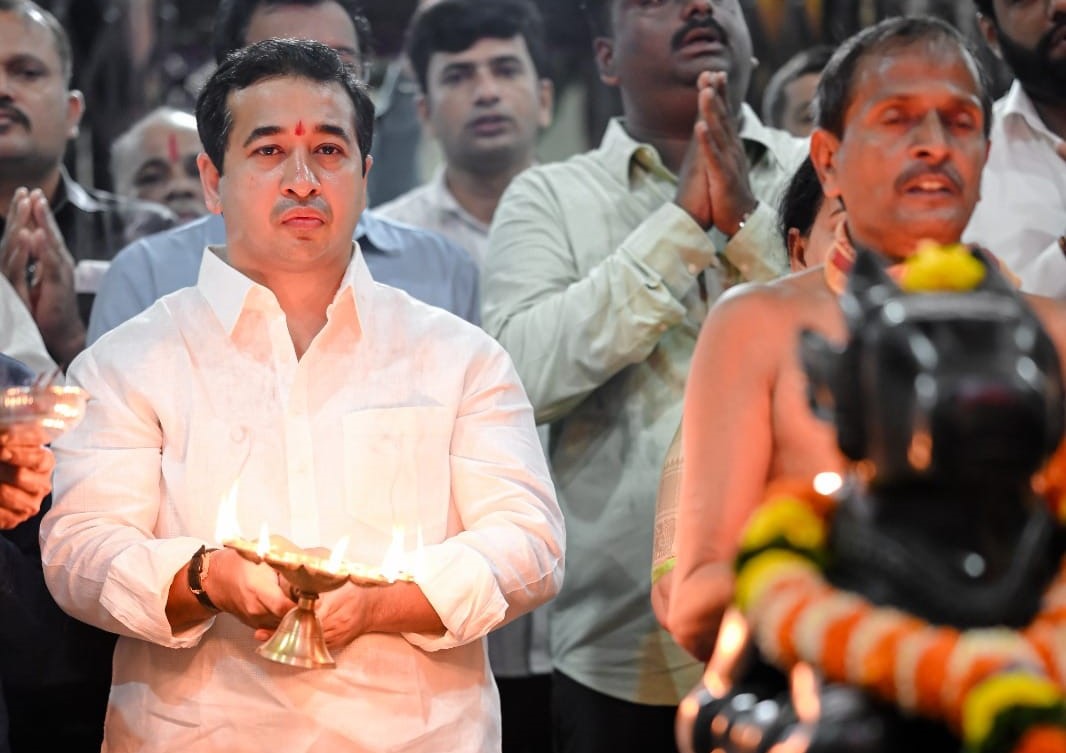Yogita Limaye

The watchdog also accused the government of pursuing a “witch-hunt” against human rights organisations.
Amnesty said its bank accounts had been frozen and it had been forced to lay off staff in the country and suspend all its campaign and research work.
India’s government said in a statement that the accusations were “unfortunate, exaggerated and far from the truth”.
Rajat Khosla, Amnesty’s senior director of research, advocacy and policy, told the BBC: “We are facing a rather unprecedented situation in India. Amnesty International India has been facing an onslaught of attacks, bullying and harassment by the government in a very systematic manner.
“This is all down to the human rights work that we were doing and the government not wanting to answer questions we raised, whether it’s in terms of our investigations into the Delhi riots, or the silencing of voices in Jammu and Kashmir.”
In a report released last month, the group said police in the Indian capital, Delhi, committed human rights violations during deadly religious riots between Hindus and Muslims in February.
Rebutting the claims, the Delhi police told The Hindu newspaper that Amnesty’s report was “lopsided, biased and malicious”.
Earlier in August, on the first anniversary of the revocation of Indian-administered Kashmir’s special status, Amnesty had called for the release of all detained political leaders, activists and journalists, and for the resumption of high-speed internet services in the region.
In 2019, the watchdog testified before the US Foreign Affairs Committee during a hearing on human rights in South Asia, where it highlighted its findings on arbitrary detentions, and the use of excessive force and torture in Kashmir.
Responding to Amnesty’s announcement on Tuesday, the government said the group had broken the law by circumventing rules around foreign donations.
“India, by settled law, does not allow interference in domestic political debates by entities funded by foreign donations.” the Ministry of Home Affairs said in a statement. “This law applies equally to all and it shall apply to Amnesty International as well.”
The current government has previously stated that Amnesty was being investigated over suspicions that the group was violating foreign funding laws.
“That’s a blatant lie,” Mr Khosla, the Amnesty spokesman, told the BBC. “Amnesty India is in full compliance with all domestic legal requirements and international legal requirements as well,” he said.
Amnesty has repeatedly condemned what it says is a crackdown on dissent in India. The group, which has faced scrutiny by different government agencies over the past few years, says the freezing of its bank accounts earlier this month was the final straw.
In August 2016, a case of sedition was filed against Amnesty India over allegations that anti-India slogans were raised at one of its events. Three years later, a court ordered the charges to be dropped.
In October 2018, the group’s offices in the southern city of Bangalore were raided by the Enforcement Directorate, which investigates financial crimes. Its accounts were frozen then too, but Amnesty says it was able to access them after seeking a court’s intervention.
In early 2019, the group says dozens of its small donors were sent letters by the country’s income tax department. And later in the same year, Amnesty’s offices were raided again, this time by the Central Bureau of Investigation, based on a case registered by India’s home affairs ministry.
Successive governments in India have been wary of foreign-funded non-profit organisations, particularly in the human rights field.
Amnesty had previously suspended its India operations in 2009, because of what the group said was repeated rejection of their licence to receive funds from overseas. India was then ruled by a Congress-led government, which sits in opposition now.
Over the years rules surrounding receiving foreign funds have been tightened, and thousands of non-profit groups have been banned from receiving money from overseas.
Amnesty’s announcement comes amid growing concern over the state of free speech in India. The development, activists say, could dent India’s long-standing reputation of being a thriving democracy.
“India does not stand in good company with these moves it is making,” says Mr Khosla. “I hope people around the world sit up and take notice. We are doing this with a very heavy heart, and a deep sense of anguish and grief.”
The group, which operates in more than 70 countries, says it will continue to fight its legal cases in India.
This story first appeared in ‘BBC’ on September 29, 2020 here.






